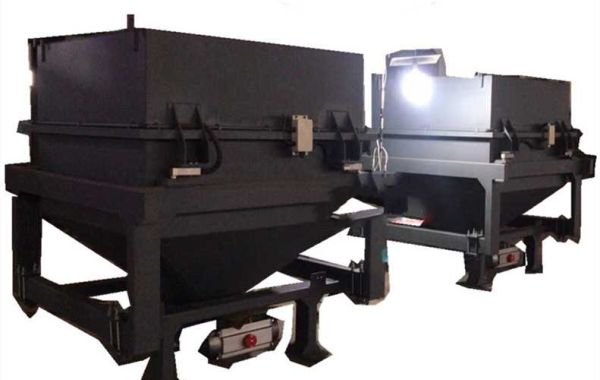Selecting the right hopper scale for your specific application involves considering several factors:
- Capacity:Determine the maximum weight of the material that will be weighed. The scale's capacity should be sufficient to handle the heaviest loads without overloading.
- Accuracy:The required level of accuracy depends on the application. For industries where precise measurements are critical, a scale with high accuracy is essential.
- Scale Type:Choose between static or dynamic scales based on whether the material will be weighed while stationary or in motion.
- Material Compatibility:Ensure that the scale's construction and materials are compatible with the substances being weighed, especially for corrosive or abrasive materials.
- Environmental Factors: Consider the operating environment, including temperature, humidity, and potential exposure to contaminants. The scale should be designed to withstand these conditions.
- Features and Functionality: Look for features like data logging, connectivity options (e.g., Ethernet, Wi-Fi), and integration capabilities with other systems.
- Cost:Evaluate the initial purchase cost, as well as ongoing maintenance and calibration expenses. Consider the long-term value and return on investment.
- Regulatory Compliance: If your industry is subject to specific regulations or standards (e.g., ISO 9001, FDA), ensure that the chosen scale meets these requirements.
By carefully considering these factors, you can select a hopper scale that meets your specific needs and provides reliable, accurate weight measurements for your operations.







